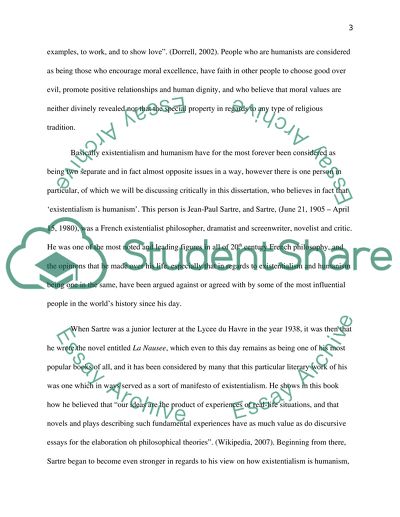Cite this document
(“Existentialism and Humanism Essay Example | Topics and Well Written Essays - 1500 words”, n.d.)
Retrieved de https://studentshare.org/philosophy/1520669-existentialism-and-humanism
Retrieved de https://studentshare.org/philosophy/1520669-existentialism-and-humanism
(Existentialism and Humanism Essay Example | Topics and Well Written Essays - 1500 Words)
https://studentshare.org/philosophy/1520669-existentialism-and-humanism.
https://studentshare.org/philosophy/1520669-existentialism-and-humanism.
“Existentialism and Humanism Essay Example | Topics and Well Written Essays - 1500 Words”, n.d. https://studentshare.org/philosophy/1520669-existentialism-and-humanism.


